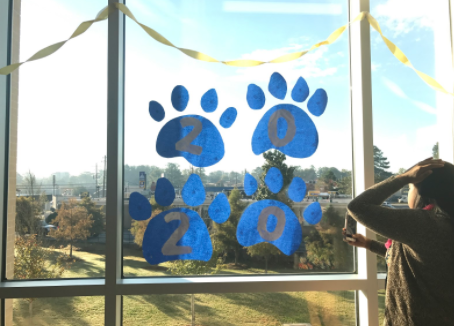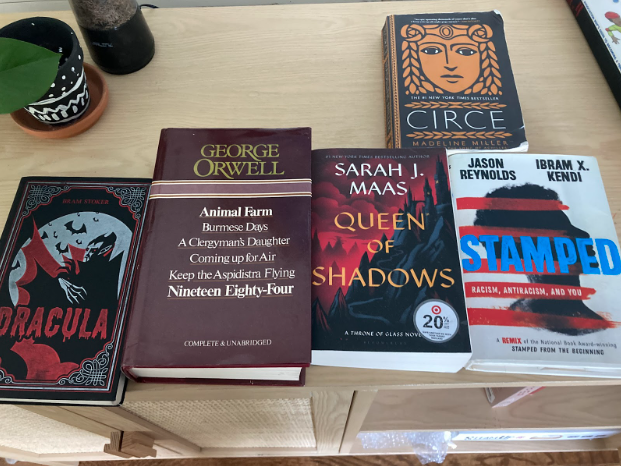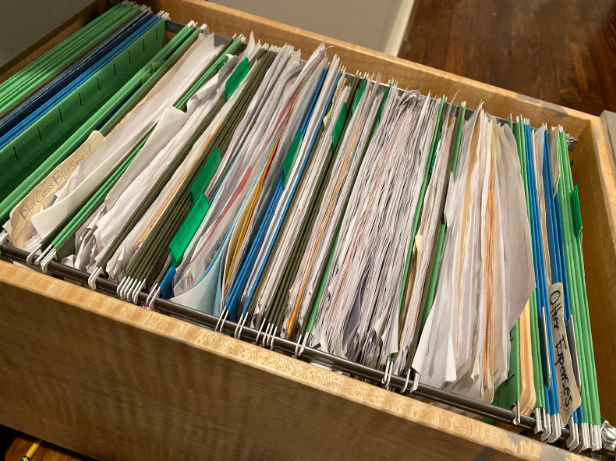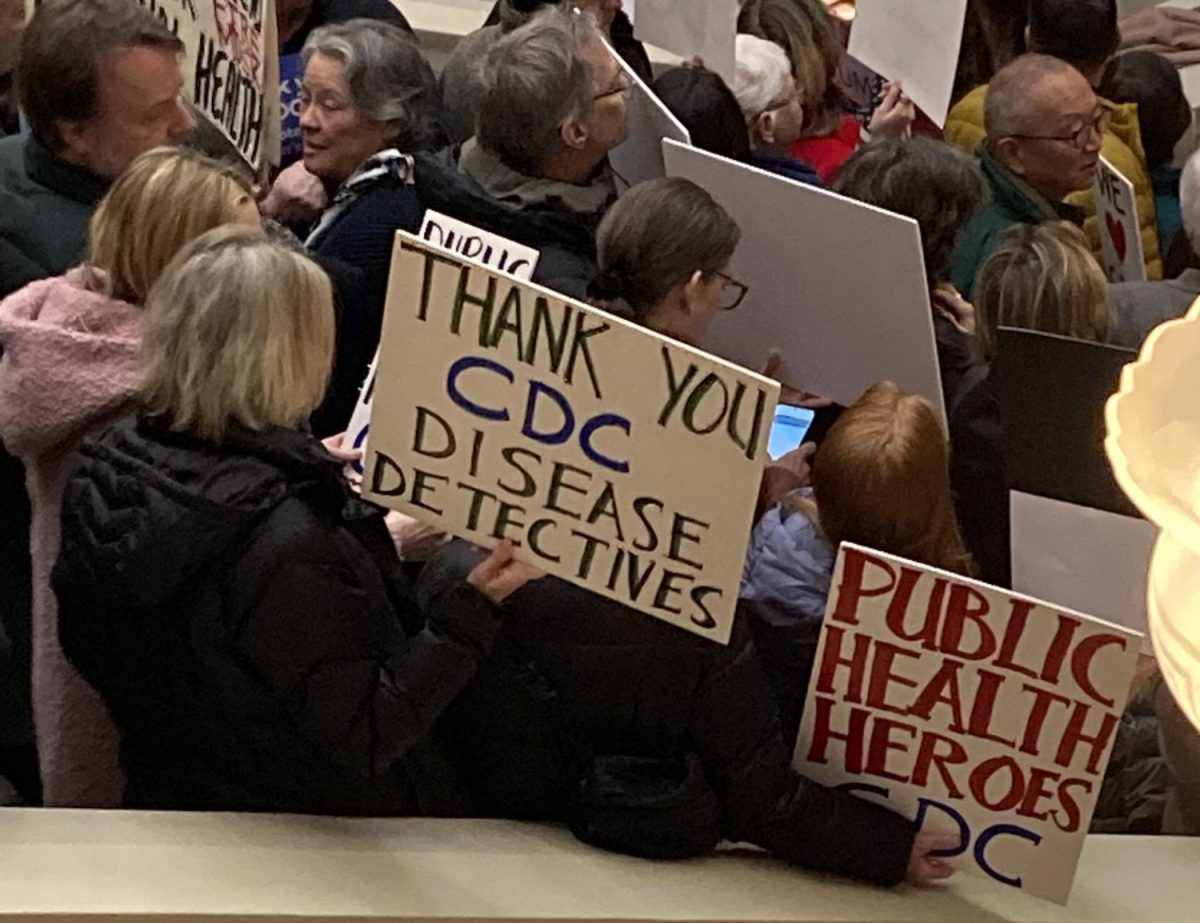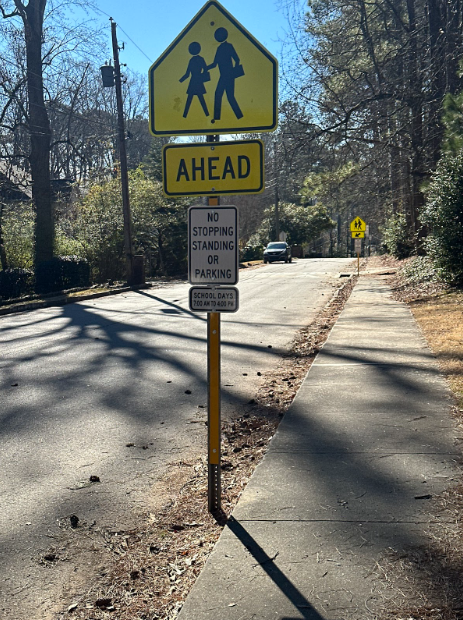Sophomore year is usually the oasis in the vast desert of standardized testing, a year with either only one End of Course Milestone test or none at all. This comes as a refreshing break for many students after years of Milestones in as many as three or four classes. This year, however, there was a last minute turn of events. Tenth graders at Chamblee Charter High School were required to take a ninth grade literature field test, which left many both surprised and angry.
The Georgia Department of Education released a statement on why the test was being taken, explaining that this test would help them develop a future test using the responses from the field test.
“Students will gain exposure to a section of the test that is still somewhat new to them and have an opportunity early in the school year to respond to an on-demand prompt,” said the GDoE. “Further, with additional prompts in our bank, we will be able to release former prompts along with scored and annotated student exemplars, something that has been frequently requested.”
According to Assistant Principal Shervette Miller-Payton, the test will not be a standard practice, it was just a requirement that had to be fulfilled this year.
“The test is required every few years by Georgia for nearly every school,” said Miller-Payton. “On September 28, the district informed schools about procedures for the field test.”
Across the state, it wasn’t just sophomores, but students from various grades who were subjected to this field testing, according to Miller-Payton.
“Each school was assigned a different test,” she said. “Our school was assigned the ninth grade Literature test. Tenth graders took the test since they had already learned the ninth grade material.”
This reasoning, however, was not enough to quell the agitation felt by the Class of 2020.
“I thought it [the test] was pointless, because people weren’t trying on it,” said tenth grade student Emily Adams. “[I think] there were better ways of going about this.”
Sophomore Nevin Aresh had similar thoughts on the test.
“Since many students aren’t taking the Milestones this year, the fact that we have to take this test seemed stupid,” he said.
Upon first notice of the test, many tenth graders had a completely different idea in their mind of what they would have to do.
“I was shocked because I thought we would actually have to take a Milestones that would be graded and that we would be assessed on tenth grade material,” said sophomore Layla Dhabaan.
The actual test, however, was not like that at all. It was a nongraded test based on freshman language arts curriculum and it only required missing the first few classes on Tuesday, October 24 and Thursday, October 26, leaving many wondering if it was even worth leaving class for.
“It was a little miffing to have to do it and miss class, but oh well,” said Adams.
Even sophomore teachers, including social studies teacher Teresa Abernathy, are pondering how productive the test really was.
“It had disrupted the test I had planned to give a few days earlier,” said Abernathy. “And they [the students] seemed to think that it was not very difficult at all.”
Perhaps it wasn’t that it was easy, but that little effort was put in by many students.
“I believe that the field test we took was a productive use of time for the kids who actually took the test seriously,” said Aresh. “Sadly only a handful of students actually took it seriously and, therefore, it definitely wasn’t a productive use of time.”
As may be expected of a nongraded test that was placed upon an unwilling student body, things went awry.
“Some kids have stated that they purposely marked all the wrong answers,” said Aresh. “Others have told me that they wrote about purple unicorns in their essay, or wrote an essay about how stupid this test is. In addition, the fact that we wouldn’t get results back didn’t help improve enthusiasm for this test as it just led more students to mess around.”
Dhabaan heard similar things about people not putting any effort into the test at all.
“A lot of people they just put one sentence answers for their essay questions,” she said.
Abernathy thinks that because students knew it wasn’t graded, the test will not yield the results it may have hoped for.
“I understand why they need to test out something before they give the actual test,” she said, “but I don’t think they should’ve told you guys it was a practice test so you guys would take it more seriously and give more accurate results.”
Miller-Payton believes that even though it wasn’t graded, the field test was still something students should have taken seriously.
“I understand that some didn’t want to complete a test that they would not receive a score for,” she said. “However, they are playing a very important role in helping to create valid tests for future students.”
Aresh was disappointed to see how little students applied themselves on this test.
“Many students joked around and didn’t take the test seriously,” he said. “Since this test was taken so that the county could know how smart we are, I feel like the results of this field do not accurately represent the potential of the sophomores at Chamblee.”

